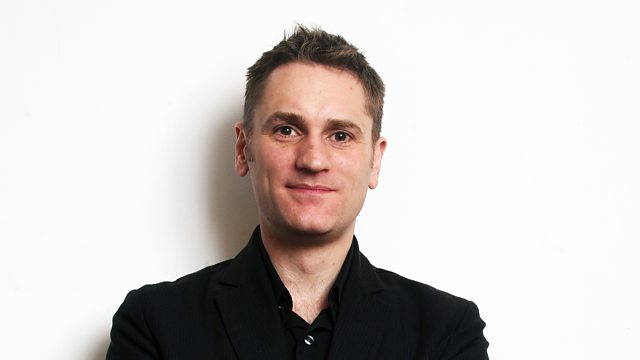Antarctic lake drilling, Birds and climate change, Cold snap, Holograms
Antarctic lake drilling, birds and climate change, cold snap, and holograms.
Sampling from subglacial lakes under the ice in Antarctica can hopefully tell us a lot about past climates as well as reveal organisms that have evolved in extreme environment, long separated from the rest of the world. However it's not easy work, drilling kilometres into ice, in sub-zero conditions, without contaminating these pristine ecological environments. Martin Siegert, co-director of the Grantham Institute, understands just how difficult it is, as he led an expedition to Antarctica in 2012 to drill over 3km down into Lake Ellsworth. The expedition failed due to problems with the drilling, leading to the team eventually running out of fuel and time. But, as he explains to Gareth Mitchell, lessons learnt from Ellsworth have helped a US team to use the hot-water drilling technique to access Lake Mercer and bring up lots of sediment and microbial samples.
The impact of climate change on the natural world can be complex and unexpected. Pied flycatchers are birds which migrate every year from Africa to Europe in order to breed, they share the same breeding grounds as great tits. However, great tits are resident in these areas all year round, and are therefore much more flexible to any local changes in climate and the subsequent impact on important resources, like food and nesting sites, than the migratory pied flycatchers. Jelmer Samplonius, at the University of Edinburgh, explains to Gareth what impact these changes in temperature could have on the conflict between great tits and pied flycatchers.
There have been lots of rumours about a return of the ‘Beast from the East’ which caused a prolonged cold snap in our weather in early 2018. This was due to a phenomenon called ‘sudden stratospheric warming’. Laura Paterson, chief meteorologist at The Met Office, explains how unexpected warming in the stratosphere (a high layer in our atmosphere) can impact the weather down here on Earth, and that while this stratospheric warming does mean it is more likely we will experience colder weather, it does not guarantee a return visit of the ‘Beast from the East’.
Lecturers at Imperial College, London have a new star quality- they are getting the Michael Jackson treatment - being turned into holograms. The school has decided this will help connect their students around the world. Wanting a taste of the glory Roland Pease went to the college while they were testing out the system
Last on
![]()
91�ȱ� Inside Science is produced in partnership with The Open University.
Broadcasts
- Thu 10 Jan 2019 16:3091�ȱ� Radio 4
- Thu 10 Jan 2019 21:0091�ȱ� Radio 4
Explore further with The Open University
91�ȱ� Inside Science is produced in partnership with The Open University.
Podcast
-
![]()
91�ȱ� Inside Science
A weekly programme looking at the science that's changing our world.



